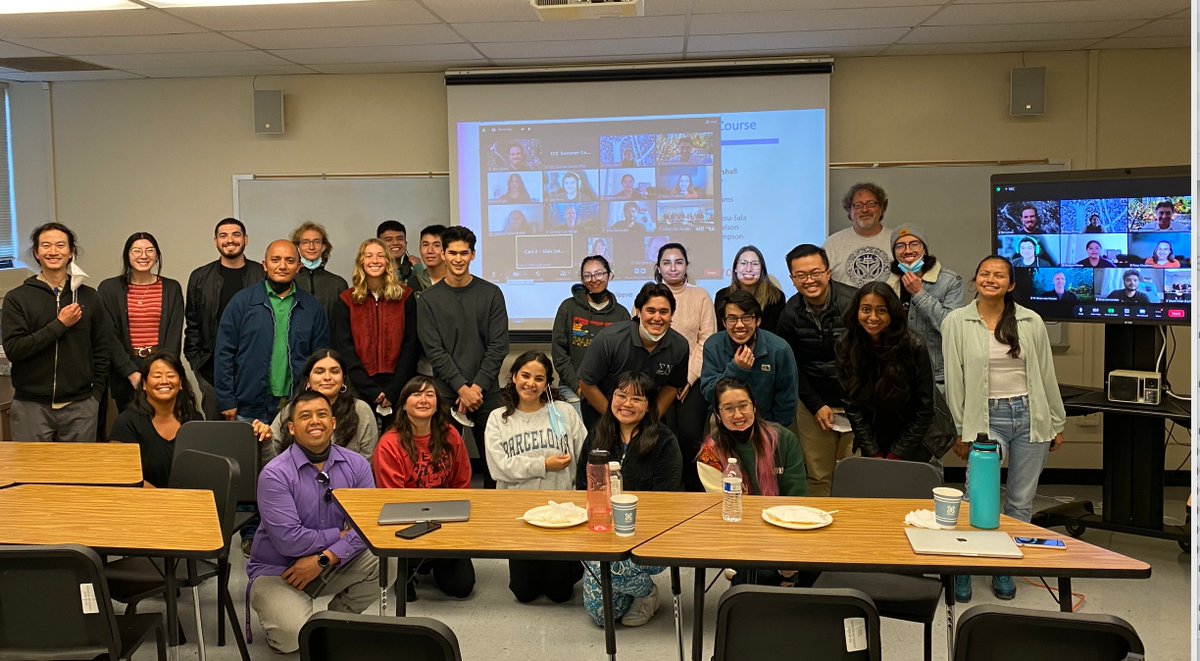Science communication is about people.
One of the most important parts of sharing our science is thinking about *who* we are sharing it with.
My tips for designing more effective #scicomm with people in mind, from the @c3STC Summer Course (1/6)
One of the most important parts of sharing our science is thinking about *who* we are sharing it with.
My tips for designing more effective #scicomm with people in mind, from the @c3STC Summer Course (1/6)

Tip 1: There is no "public"
Yes, I even use the term a lot. But when you plan a talk, exhibit, or other communication remember each person will receive it differently based on their identity and experiences. (2/6)
(Artwork Humanae by Anjelica Daas my visual reminder)
Yes, I even use the term a lot. But when you plan a talk, exhibit, or other communication remember each person will receive it differently based on their identity and experiences. (2/6)
(Artwork Humanae by Anjelica Daas my visual reminder)

Tip 2: Think about the audience you want to reach
Each communication “venue” (museum, channel, event) attracts different people. Ex: 70% of people going to places like museums have a graduate degree. Great resource from @americanacad (3/6)
amacad.org/publication/en…
Each communication “venue” (museum, channel, event) attracts different people. Ex: 70% of people going to places like museums have a graduate degree. Great resource from @americanacad (3/6)
amacad.org/publication/en…
Tip 3: Always apply the principles of inclusive science communication by being intentional, reciprocal, and reflexive
I can’t recommend this Starter Kit on #inclusivescicomm from @SunshineMenezes and colleagues enough! (4/6)
inclusivescicomm.org/files/ISC-Star…
I can’t recommend this Starter Kit on #inclusivescicomm from @SunshineMenezes and colleagues enough! (4/6)
inclusivescicomm.org/files/ISC-Star…

Tip 4: On polarizing topics like vaccines and climate change, identity can override facts.
People’s group identity can strong influence how they interpret information, so do your homework if you're communicating polarizing topics. (5/6) blogs.scientificamerican.com/observations/w…
People’s group identity can strong influence how they interpret information, so do your homework if you're communicating polarizing topics. (5/6) blogs.scientificamerican.com/observations/w…
Science communication isn't really a choice or an "alternate career." If you are a scientist you are part of a community and you talk to people.
To rebuild public trust we need to engage. Well put here by @sudipsparikh @aaas (6/6) pewtrusts.org/en/trend/archi…
To rebuild public trust we need to engage. Well put here by @sudipsparikh @aaas (6/6) pewtrusts.org/en/trend/archi…
• • •
Missing some Tweet in this thread? You can try to
force a refresh







